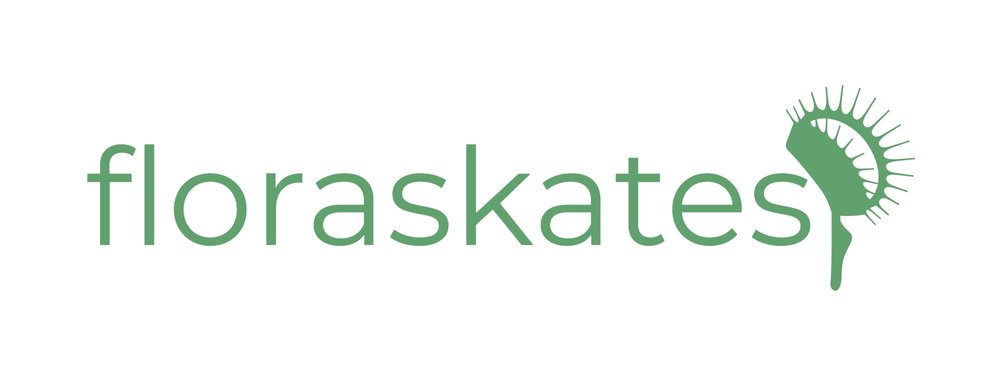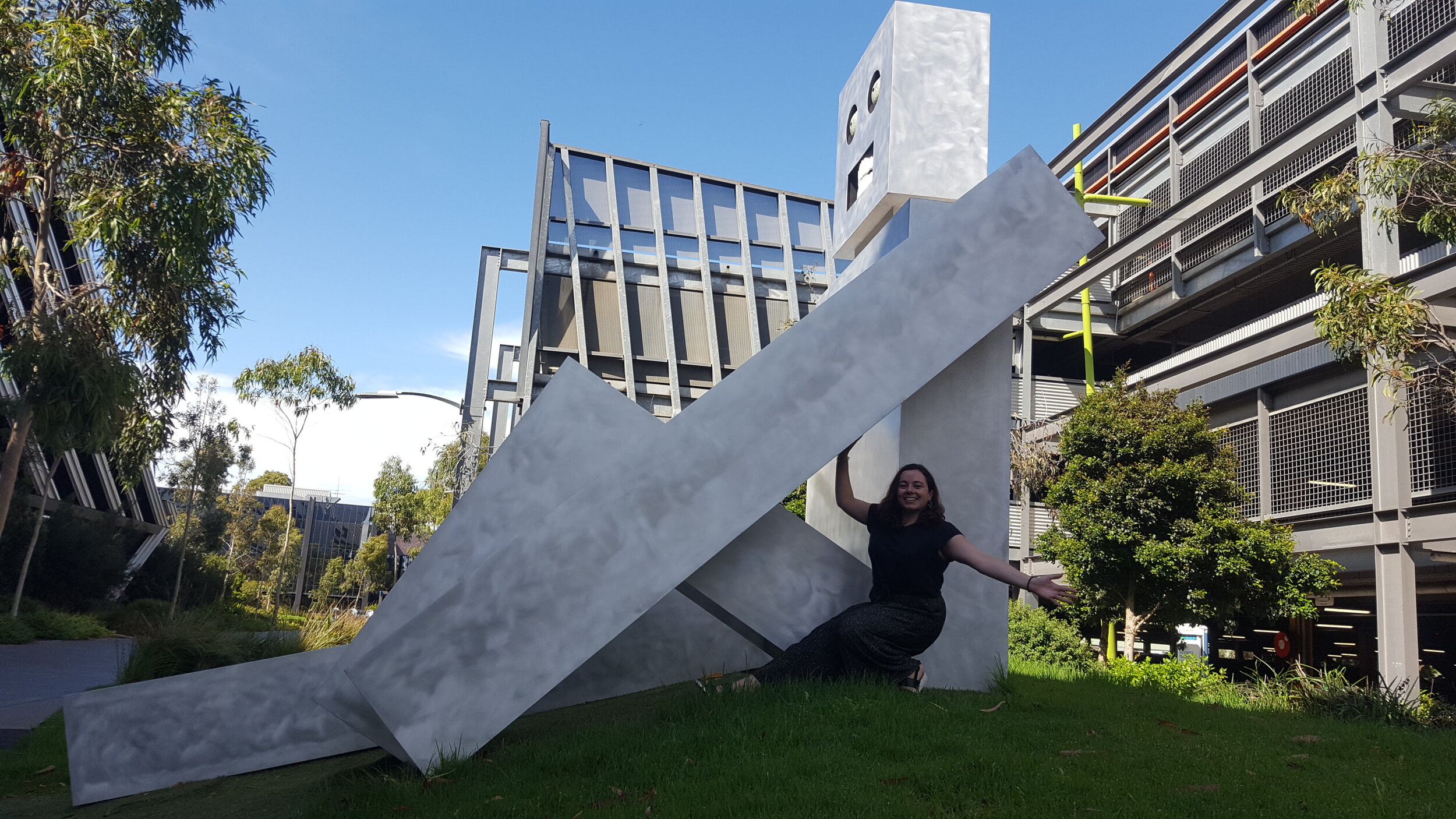If you’ve not heard of the Australian Science Communicators before, they are the peak body for science communicators and science journalists in Australia. ASC hosts a national conference each year, and the 2020 Australian Science Communicators conference was held just a couple weeks ago at Monash University in Melbourne.
It was my first time at a national sci-comm conference, so I wanted to share what I learned, some of the Twitter discussions, and a few of my personal highlights from the conference, including a visual storytelling workshop I attended, some awesome examples of creativity in sci-comm, recent sci-comm research highlights, and sci-comm career advice.
Before I launch in, I just want to say a big thank you to UWA for supporting my attendance through a staff professional development grant as part of my role with The UWA Institute of Agriculture - I wouldn’t have been able to attend without this support, so I am very grateful!
Okay let’s begin!
Visual storytelling workshop
I spent the Sunday before the conference officially began at a visual storytelling workshop run by the Econnect team, focused on photography and video production. Big thanks to Mark Horstman who was my awesome team-mate for the day!
In the morning, we went outside in teams to take a series of photos, keeping in mind framing, lighting, and the message we wanted each photo to carry. It was super fun to run around campus, finding interesting photo spots and (in my case) posing amongst the plants. We edited the photos and then put them all together as a short story using Adobe Spark. You can check out my little story here.
After lunch, we learnt about video production - including aspects of filming, sound, and editing. In our teams, we went outside again to film our responses to a few questions about sci-comm (e.g. why is it important to us?) and some B-roll footage. We uploaded our videos to our computers, and learned how to cut and edit them together, and add little captions and music, using Filmora. You can see my little video below.
It might not be the best video in the world (and I’d probably change some of my on-the-spot answers if I could), but I’m pretty proud of my efforts anyway! I’ve always wanted to learn how to make videos, but never really knew where to begin, particularly with video editing. Now that I’ve filmed and edited an entire little video in just a few hours during this workshop, I’m excited to try it again soon and learn more.
At the end of the pre-conference workshop, we all wandered over to a local pub to take part in the ASC Trivia Night, which was an awesome opportunity to catch up with familiar faces, meet a few new ones, and learn about the history of sci-comm in Australia through the quiz questions. I’ve got to say a big thank you to Dr Simon Torok, Alysha Huxley and Ozgecan Ozyildirim for being fabulous team-mates, especially Simon who knew pretty much all the answers and helped our team win!
Creativity in science communication
As that video from Scientell shows, creativity is a key component of communicating in an effective and engaging way, and it was awesome to see so many good examples of creativity in sci-comm at #ASC2020:
More digital storytelling and amazing visual sci-comm examples:
Using creativity, art and citizen science to bring people into the science and get them engaged:
Of course, text can be creative too! From all the discussion at #ASC2020, it sounds like the Best of Australian Science Writing 2019 will be a great resource for any aspiring creative science writers, I can’t wait to grab a copy and read it through.
I particularly loved hearing about the session on communicating to low-vision audiences with more tactile methods, and wish I had been there! Makes me want to get out my sewing kit…
What does creativity in sci-comm look, sound, or feel like to you?
Sci-comm research highlights
Ahh, the science of science communication! What could be better? I was excited to see that there were several research streams throughout the conference, it was great to learn about the latest research underpinning sci-comm successes.
I was excited to hear Dr Jenni Metcalfe talk about her PhD research re-thinking science communication models. The final “nexus model” wasn’t about a one-way communication of info, but rather developing engaged relationships between various publics.
Research on how to change behaviours through science communication was a big focus of the research sessions:
In particular, the documentary “War on Waste” featured throughout #ASC2020, with a plenary from the show’s producer Stephen Oliver and several research talks discussing the role of shows like this in changing people’s attitudes and behaviours around plastic pollution.
So how do we change behaviours for the better and communicate effectively? We have to engage with audiences, listen to their point of view, speak their language, and take culture and history into account.
Building a career in sci-comm
The Tuesday of the conference was a big day for sci-comm career advice, with sessions on how to get paid for your sci-comm, how to convince organisations that sci-comm is important, and how to start a sci-comm business.
A lot of the advice given was about discovering who exactly you are - what are your values, what are your skills, how can you mix these together?
And then when you know where you’re meant to be: insert yourself into those situations, meet the right people and make yourself known, just like that yellow duck.
The big sci-comm career day ended with a speed mentoring session with successful science communicators, which was a fantastic experience for me as a mentee. To Dr Cobi Calyx, Dr Sheryn Pitman, Dr Michelle Reidlinger, Lee Constable, and Dr Jen Martin (winner of the 2019 Unsung Hero of Science Communication award!), thank you for taking the time to speak to me about your careers and achievements, and inspiring me to go for it with all of my career goals!
I also want to thank Kate Cranney, who I had a great chat with at the final networking event about our experiences in sci-comm, mixing art with science (e.g. the awe-inspiring crochet coral reef), and her experience visiting and learning from science organisations around the world as a George Alexander Foundation and International Specialised Skills Institute Fellow.
It was wonderful to get to meet and discuss sci-comm with so many awesome and inspiring women in this field, including the mentors I spoke to and also a bunch of other awesome people I befriended over the few days of the conference. It became clear at some points during the conference that we unfortunately still have a way to go with getting better representation and inclusion of diverse voices in sci-comm, and this is something I want to actively work towards in my own work and campaign for more broadly. As a few people pointed out, more science docos presented by women would be a great place to start!
Until next time!
All in all, I had a fantastic time at #ASC2020 - thank you to all of the organisers and volunteers for putting together a fabulous few days of #scicomm learning. I can’t wait for the next one!
Let me know in the comments below: if you were hosting or attending a sci-comm conference, what kind of workshops, presentations and activities would you most like to have there?
Note: I’ve included tweets from the #ASC2020 hashtag in this blog post to capture some of the discussions had online. If your tweet is featured in this blog post and you would prefer it be removed, please contact me and I will do so :)

